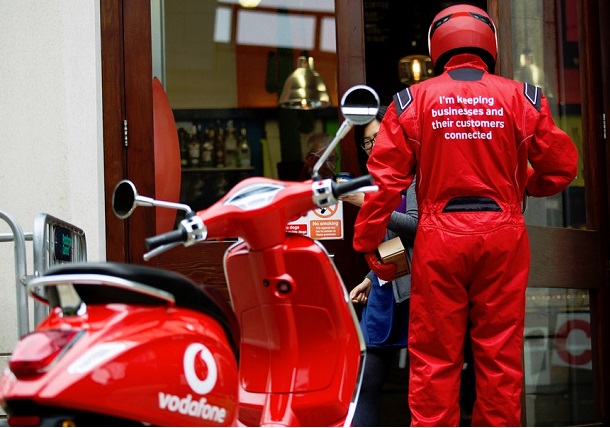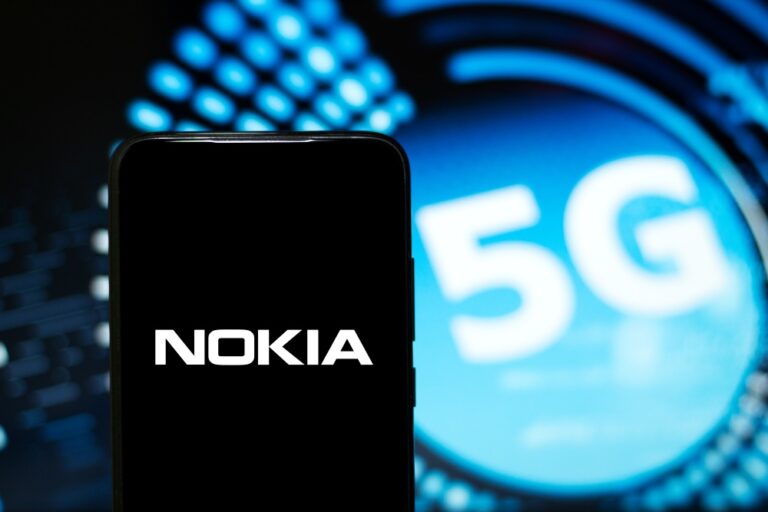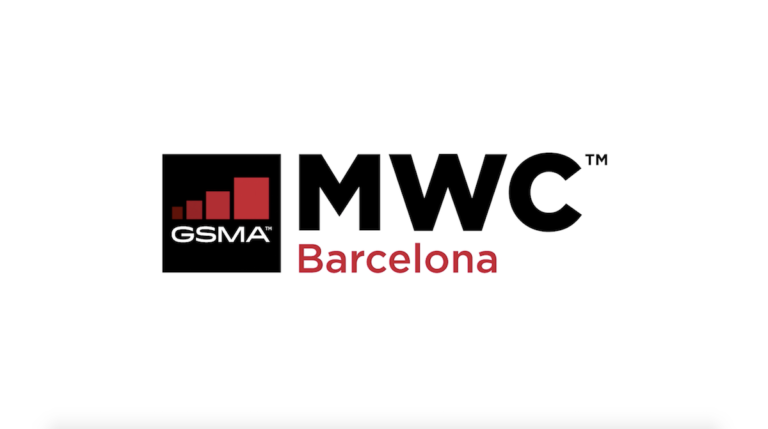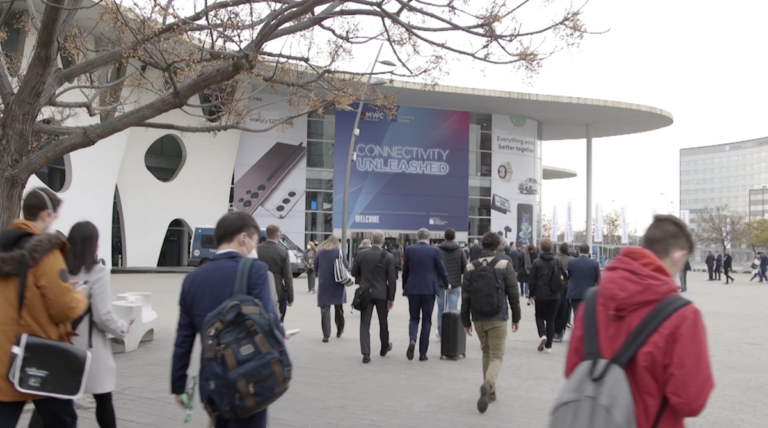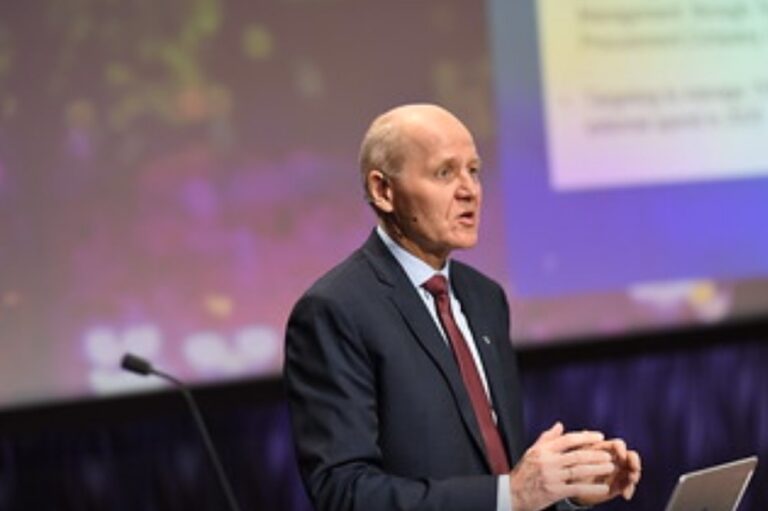Private network could help manufacturers work smarter
UK telco BT is building a publicly funded 5G Standalone (SA) core network testbed project with Nokia’s 5G equipment at Coventry’s Manufacturing Technology Centre (MTC).
This project, part of the West Midlands 5G (WM5G) initiative, is supported by the UK government’s 5G Test Beds and Trials funding programme which gives smaller businesses, corporate members, local universities and the wider industry the chance to ‘kick the tyres’ of private 5G in a region that was once Britain’s car making heartland.
WM5G aims to catalyse economic activity by creating the opportunities for re-engineering of business processes in the region. In support this, the stated goal of BT/Nokia SA is to explore how private 5G and on-premises multi-edge computing can foster innovation in the region “beyond the duration of the programme,” according to an official announcement by the group.
Businesses and universities, along with local manufacturers, such as the car maker Jaguar and a whole ecosystem of specialist parts makers and application developers, will be granted access to use MTC facilities to test the technology.
This includes the centre’s recently launched 5G-enabled Demonstrator System, which gives systems designers, productivity specialists and logistics experts the option to us 5G-connected robotics, computer vision and edge computing.
One possible use being considered is an automated inspection process that could help manufacturers raise productivity and make better use of their inspection resources – shrinking the carbon footprint of the technology and the use of materials. This would solve three problems in one since traditional in-person inspections are time consuming, prone to human error and not automatically recorded, according to MTC.
This is where 5G is most likely to be ‘monetised’, according to BT Enterprise CEO Rob Shuter. Enterprise 5G conversations are generally about private networks running over a manufacturing facility, a harbour or a military base, Shuter told Light Reading. “We’re in the early stages. The technology is still maturing and customer needs are sort of emerging in a co-creation phase. I think we’ll be in that phase for most of this year, and it’ll probably be industrial scaling [for the next three years],” said Shuter.
BT’s has created a new unit, Division X to lead the company’s efforts to solve newbusiness problem for enterprise customers. It is led by managing director Marc Overton, who was headhunted from Sierra Wireless SVP.
“Manufacturing is at the heart of the economy in the West Midlands and at WM5G we are working to ensure that public and private sector organisations can remain competitive,” said Robert Franks, WM5G’s MD. “We are so pleased to have delivered a successful trial in partnership with nexGworx and BT at the MTC, driving forward the transformation of manufacturing productivity for the region. The learnings and outcomes from our demonstration will now be used and applied across the sector to ensure best practice is carried forward, and to accelerate the adoption of 5G technology more widely.”




